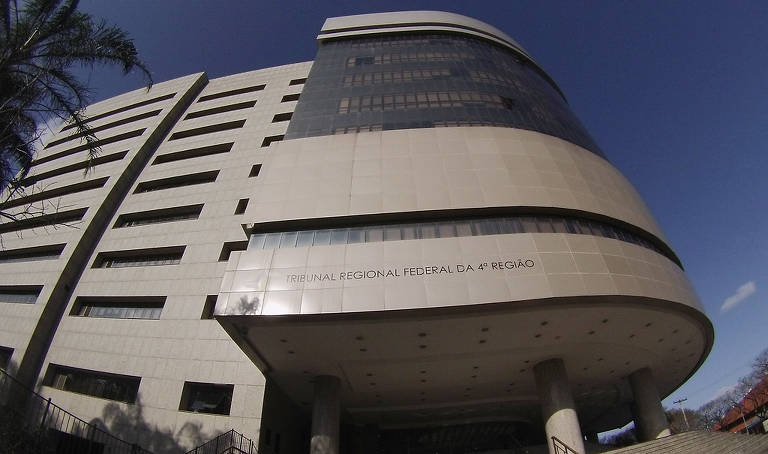Judge Appio was investigating the fate of R$ 3 billion from Lava Jato when he was dismissed
[ad_1]
Judge Eduardo Appio, who was removed from the 13th Federal Court of Curitiba, said in a confidential statement to the National Council of Justice (CNJ) that he was investigating the fate of R$ 3.1 billion raised in collaboration agreements with Lava Jato when he was withdrawn of the charge.
The resources were deposited by companies and whistleblowers in bank accounts on behalf of the 13th Court, commanded before him by Sergio Moro and Judge Gabriela Hardt.
The payments were part of the agreements signed by the companies and their executives when they confessed to crimes and pointed other culprits to justice.
Most of the money collected, R$ 2.2 billion, was later transferred, in a fragmented way, to dozens of state-owned companies and public bodies, including the Judiciary.
The application of the billions, however, would remain shrouded in mystery, as the judge said when giving testimony.
Appio told the CNJ that, after taking over the 13th Court in February, he tried to track the final destination of the billionaire amount, setting up spreadsheets and requesting information from the bodies that received the resources to find out where they had been applied. But he found it difficult to get official answers.
In addition, according to him, after the spraying of R$ 2.2 billion, a balance of R$ 842 million remained in the 13th Federal Court’s cash register in September of last year, according to documents then available.
Comparing the records with bank statements, he discovered that in February the balance would already be substantially lower, around R$ 200 million, the magistrate told the Justice Council.
He would then have asked Vara technicians to raise documents with Caixa Econômica Federal to find out to which bodies the difference of approximately R$ 642 million had been transferred, but he still had not obtained precise information.
The judge suspected that the distribution of most of the BRL 3.1 billion had been made without criteria and without obeying the rules of the CNJ itself, which determine that pecuniary penalties cannot be allocated to beneficiaries in an “arbitrary and random” way.
The CNJ also prohibits the allocation of resources to the funding of the Judiciary, for the personal promotion of magistrates and for party-political purposes.

Appio revealed to the CNJ that, according to surveys made by employees of the 13th Court, bodies of the Judiciary itself received amounts of money from Lava Jato.
The 12th Federal Court of Curitiba, for example, would have benefited with R$ 2 million. Judge Carolina Lebbos, who is from the Court, was responsible for executing the sentence of former President Lula when he was detained at the Federal Police Superintendence in Paraná.
The 7th Federal Court of Rio de Janeiro, then commanded by Judge Marcelo Bretas, the “Moro do Rio”, would have received about R$ 10 million.
For Appio, the allocation of money to the Judiciary itself needed to be better understood and justified.
Another part of Lava Jato’s resources was allocated to the Union and companies such as Petrobras, Transpetro and Caixa Econômica Federal.
Appio’s testimony was given on May 31 to judges who, by determination of the national internal affairs department of the CNJ, are carrying out an extraordinary audit in the 13th Court and also in the Federal Regional Court of the 4th Region.
Questioned, the lawyer Pedro Serrano, who represents Appio, said that the judge could not comment on the subject, nor confirm the information, since his testimony was confidential.
Appio was removed from office on suspicion of having called João Eduardo Malucelli, son of federal judge of 2nd instance of Paraná Marcelo Malucelli.
According to the indictment, he used a false name and tried to obtain information from João Eduardo.
The judge says the son was threatened.
João Eduardo Malucelli is the boyfriend of Moro’s eldest daughter, and a partner of the senator and his wife, federal deputy Rosângela Moro (União Brasil-SP), at the Wolf & Moro Sociedade de Advogados office.

*With information from Folha de S.Paulo
Read more:
Dollar drops to R$4.81 after S&P raises Brazil outlook to ‘positive’; stock market goes up
Manaus receives the 3rd stage of the Copa Escola Guga
Lula goes to Belém for official COP30 announcement
[ad_2]
Source link







